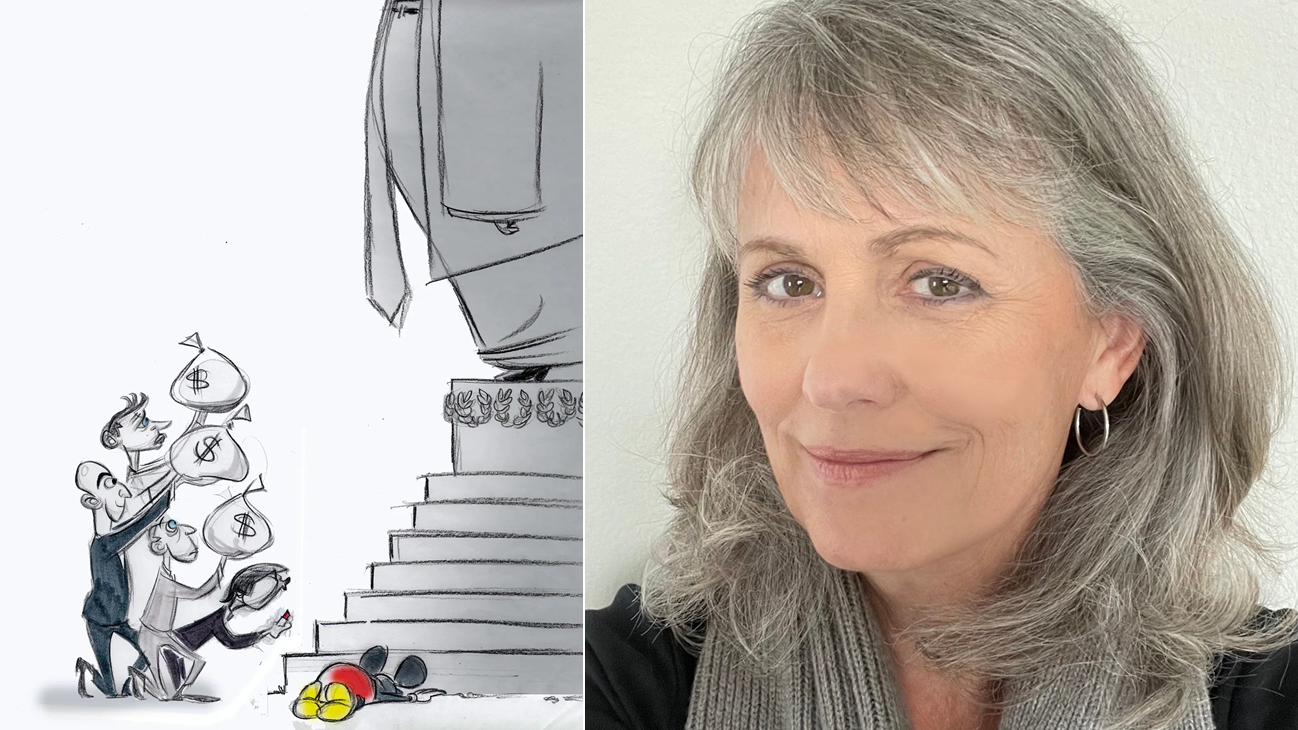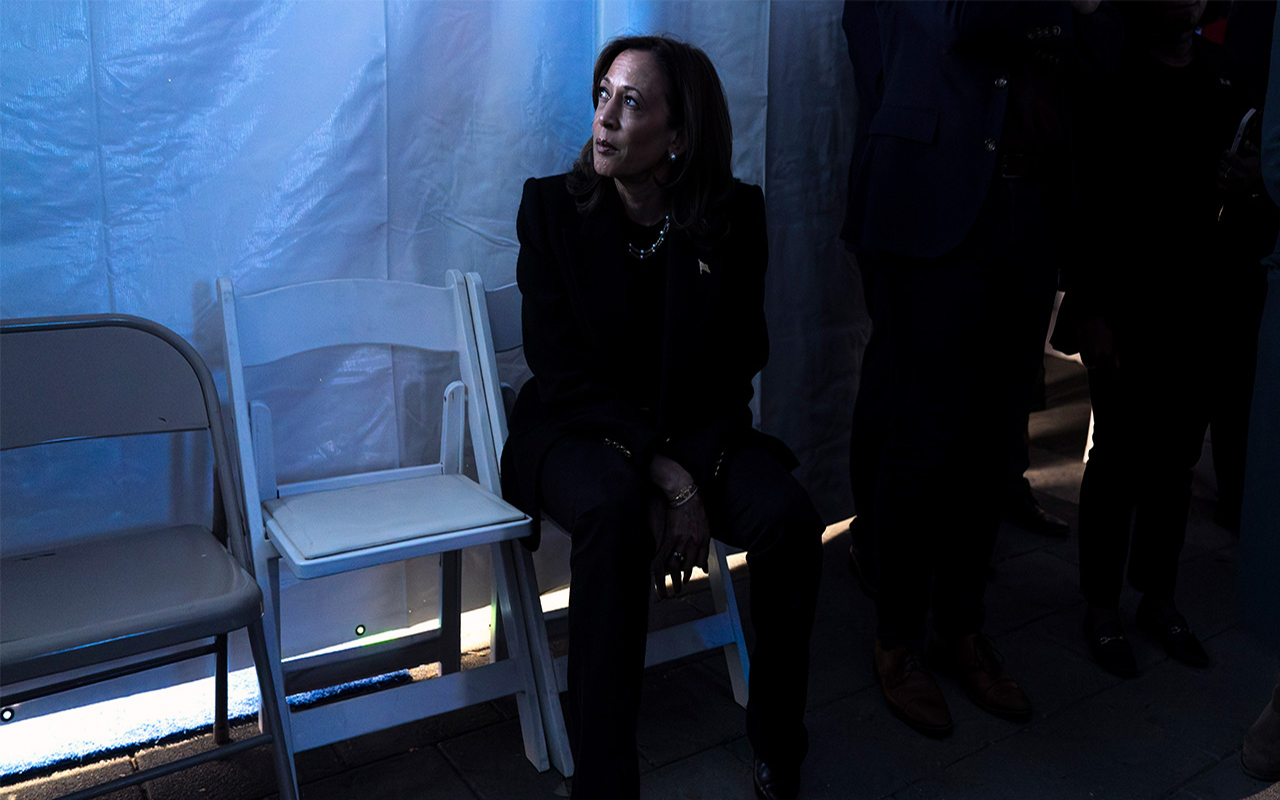
New environmental legislation focuses on community health in Philly
The Community Health Act from Councilmember Helen Gym requires mapping areas where pollution hits hardest and then working towards prevention.
On Wednesday, Feb. 2, Councilmember Helen Gym announced the introduction of the Community Health Act, a critical environmental justice legislation to better protect communities against the damaging health effects caused by pollution.
The bill, which was written with the guidance of legal and environmental advocates, establishes a more clear understanding of how new pollution is truly impacting communities given existing pollution demographics, and health characteristics.
Instead of just studying proposals by themselves, this process will consider the project in context and prevent concentrated areas from disproportionately experiencing harm from pollution.
Today, I introduced the Community Health Act to develop the first comprehensive environmental justice map for Philly and to protect our most at-risk communities from pollution.
— Helen Gym (@HelenGymAtLarge) February 3, 2022
I'll need your support to win this for our city — sign on here: https://t.co/UmlNX46P5P pic.twitter.com/wZeHZtEPPt
The bill would require the city to construct a detailed map of areas where residents experience “excessive exposure to environmental toxins or stressors.”
This analysis would include environmental, climate, health and demographic indicators, creating a more nuanced look than the state’s environmental justice map, which only examines racial demographics and poverty rates.
“Philadelphia must play a stronger role in protecting the communities most likely to be harmed by pollution: low-income communities, immigrant communities, communities of color, and young people,” Gym said at a press conference on Wednesday, Feb. 2.
Under the draft legislation, when industrial operations in environmental justice areas defined by the map apply for licenses or permits, and the projects could adversely affect the health of nearby residents, the Department of Public Health would need to conduct an impact assessment.
When we talk about environmental justice, we are by definition talking about racial justice, too. Communities of color in Philly & across the US are disproportionately burdened by the harmful impacts of pollution.
— Councilmember Jamie Gauthier (@CouncilmemberJG) February 2, 2022
Support the Community Health Act ➡️ https://t.co/HjHO50ICA7 pic.twitter.com/uht11h5yKt
The health department could then use the results of the assessment to require the operation to include additional safety precautions, or deny the permit wholesale.
Shawmar Pitts, strategy organizer with the environmental justice group Philly Thrive, has lived his whole life in Grays Ferry near the now shuttered PES refinery. He called Gym’s proposal “monumental.”
RELATED CONTENT
“In our communities, we never receive protection from those who should protect us,” - Shawmar Pitts.
— Philly Thrive (@PhillyThrive) February 3, 2022
“In our communities, we never receive protection from those who should protect us. Every household on your block, somebody suffers from cancer. Somebody suffers from an illness connected to this oil refinery, and you go to your city officials and you can’t get them to see your plight,” Pitts said.
The newly formed Environmental Justice Advisory Commission, whose members were also announced on Feb. 2, will play a vital role in guiding and informing the implementation of this legislation.
According to Gym, Philadelphia is one of the top 25 most polluted cities in the nation. Low-income and minority communities are most affected by the harm and dangers of pollution.
“This will make Philadelphia a national leader in advancing environmental justice and build a livable, breathable, healthy future for our city. Those most impacted by pollution have a right to be informed and should have a voice in decisions that affect their lives and communities,” Gym said.
Multiple environmental justice advocates attended Wednesday’s press conference and applauded Gym’s proposal, including PennFuture, POWER Climate Justice and Jobs Team, and the Clean Air Council.
As a Black woman from Nicetown, where one in three kids has asthma, including many of my own relatives, I know firsthand what the toll of environmental racism feels like.
— Councilmember Kendra Brooks (@KendraPHL) February 2, 2022
That’s why I’m proud to stand with @HelenGymAtLarge as a co-sponsor of the the Community Health Act. pic.twitter.com/Vx24o4fSCk
“Public health requires assessing ALL the layers of toxic burdens, not just one pollutant at a time. We support this legislation because it furthers racial and economic justice on a livable planet. This is a long-awaited step for the city to adequately protect public health,” said Frances Upshaw, Co-Founder, POWER Climate Justice and Jobs Team.











LEAVE A COMMENT: